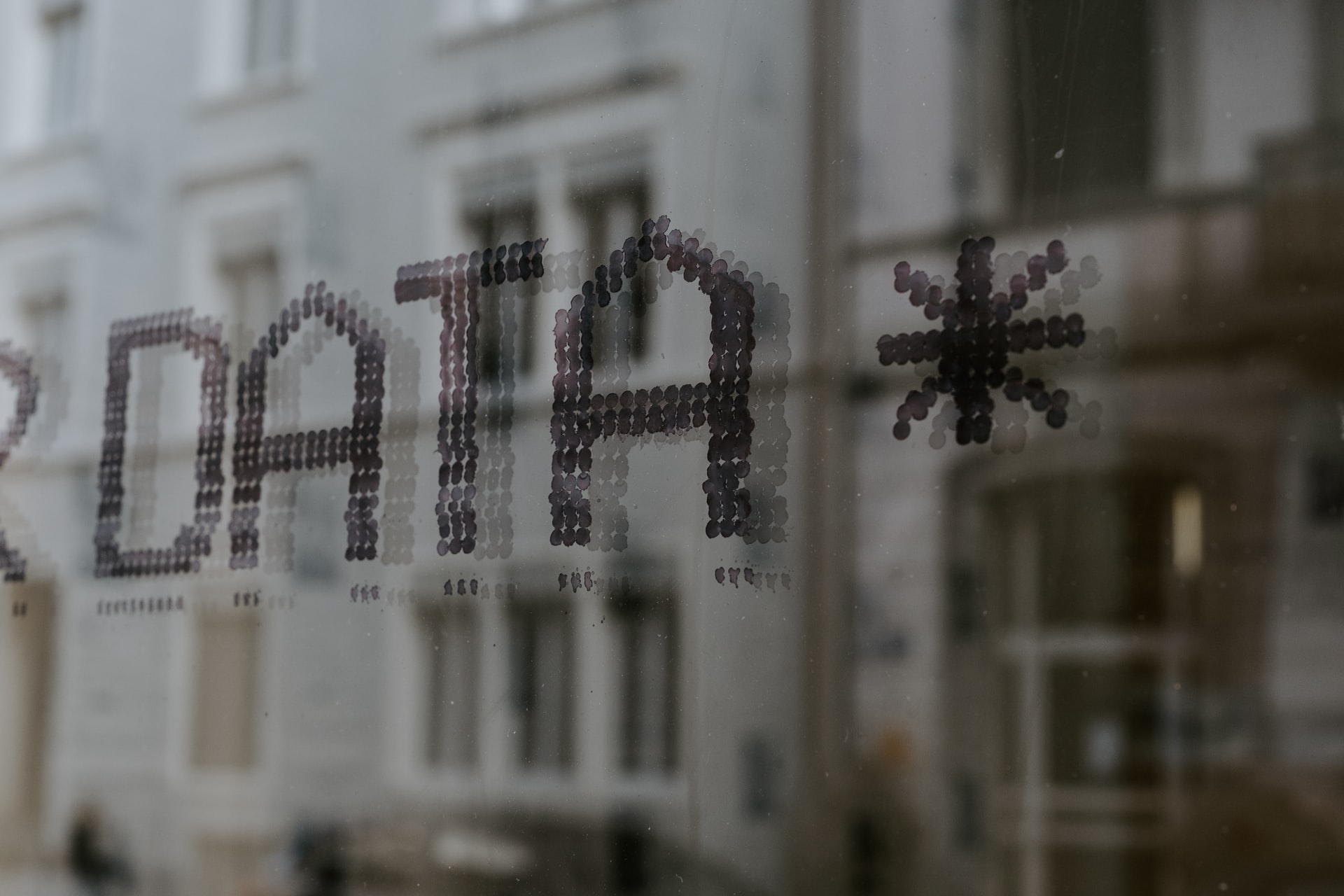The Colorado Senate approved legislation Tuesday that seeks to restrict facial recognition technology in the state’s government, law enforcement and schools.
Senators passed Senate Bill 113 in a 27-7 vote, moving it to the state House of Representatives for consideration. If enacted, the bill would establish several limitations and regulations for the use of artificial intelligence facial recognition by government and law enforcement agencies and completely prohibit the use of facial recognition technology in public and charter schools until 2025.
“This is a really critical moment with facial recognition technology,”
said bill sponsor Sen. Chris Hansen, D-Denver.
“We need to make sure we’re not having high error rates and putting the appropriate safeguards in the use of facial recognition technology, particularly because of the high error rate for people of color.”
Multiple studies have found a racial bias in facial recognition technology. For dark-skinned women, the technology had an error rate of 34.7%, compared to 0.8% for fair-skinned men, according to a 2018 study by the Massachusetts Institute of Technology. Similarly, a federal study in 2019 found that Asian and African American people were up to 100 times more likely than white men to be misidentified by facial recognition technology.
Under the bill, law enforcement agencies would be prohibited from using facial recognition technology to establish probable cause, identify an individual from a police sketch or create a record depicting an individual’s actions protected by the First Amendment. Law enforcement agencies would also need special permission to use facial recognition to conduct surveillance, tracking or real-time identification.
The bill initially received substantial opposition from law enforcement. However, most law enforcement organizations revoked their opposition after modifying the bill to allow facial recognition technology upon probable cause.
Seven Republican senators still stood against the bill Wednesday, with one arguing that the bill does not go far enough regarding the use of facial recognition technology in schools.
“I oppose facial recognition technology ever being used in public schools,”
said Senate Minority Leader Chris Holbert, R-Douglas County.
“The bill places a temporary hold on it while the task force determines guidelines to implement it.”
The bill would create a task force responsible for studying artificial intelligence through 2032. Hansen said that the task force’s findings would inform the use of facial recognition technology in schools after the ban ends in 2025.
While it is unclear whether any Colorado schools currently use facial recognition technology, nationally, public schools have used it for discipline, such as identifying students who are seen skipping class or breaking the rules in security footage.
Under the bill, government agencies using facial recognition technology would also have to notify a reporting authority, specify why the technology is being used, produce an accountability report, test the equipment and subject any decisions that result from the technology to human review.
Source:






Comments